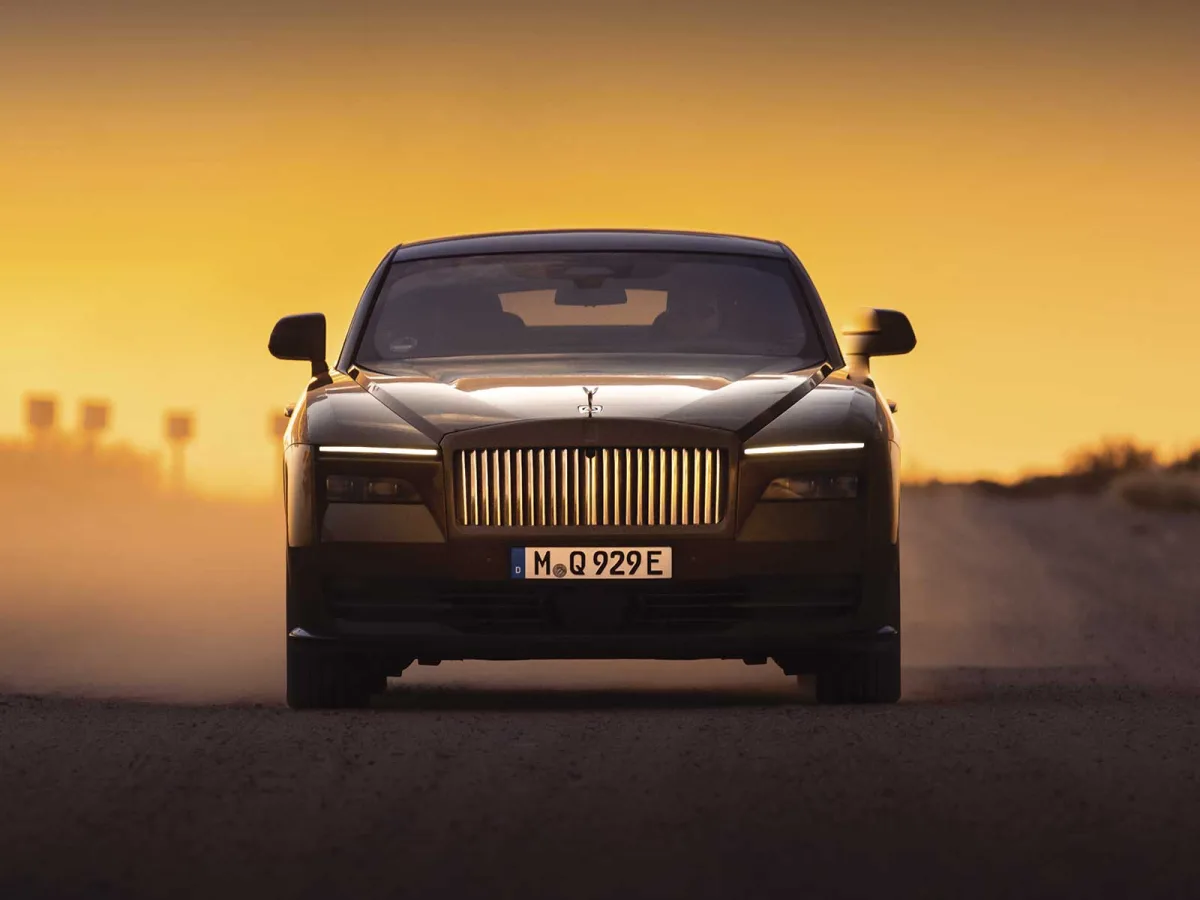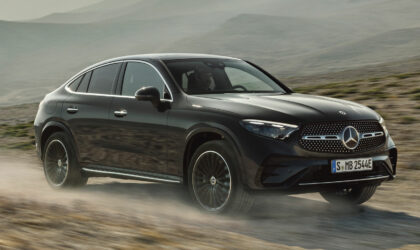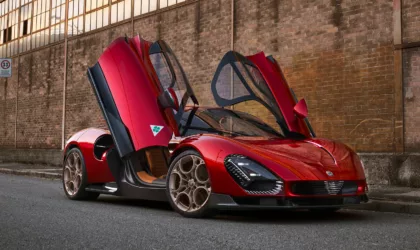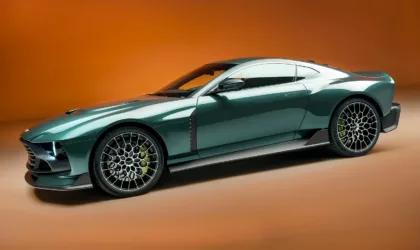“Would Sir Henry Royce be proud of what we’re doing here?”
Over a cup of coffee at Daytona’s showroom in Melrose Arch, Johannesburg, Rolls-Royce Motor Cars’ Chief Executive Officer, Torsten Müller-Ötvös asks the entirely relevant question. The 120-year old company, the apogee of all that is luxurious, is confronting arguably the most significant evolution in its history. November 2023 will see the launch of the marque’s first all-electric car, the Spectre, a model that presages the company’s all-electric future by 2030. These are disruptive times.
It’s a future Müller-Ötvös apparently relishes. “It’s an honour – and I still feel the honour even after fourteen years – to work for this great British institution; the world’s best-known luxury brand.” Still, his position comes with enormous responsibility – “a positive burden” as he puts it – to continuously take the best and make it better. As it turns out it’s also a golden opportunity. To be brave, to grow the brand and continue developing new markets.
But first, Spectre, the all-important electric car. Müller-Ötvös is in South Africa with the Rolls-Royce engineering team to carry out hot-weather testing on the prototypes of the luxury brand’s much-anticipated entry into the electric arena. “While it’s not yet the finished product, I can assure you that Spectre already represents a new benchmark of excellence in the automotive space, living up to my promise that it will be a Rolls-Royce first and an electric car second.”
Intriguingly, if Spectre is thoroughly modern, the genesis of the idea dates back to the turn of the last century. In April 1900, Rolls-Royce co-founder Charles Rolls prophesied in The Motor-Car Journal that automotive electrification would one day be a reality.
“The electric car is perfectly noiseless and clean. There is no smell or vibration, and they should become very useful when fixed charging stations can be arranged.”
For Müller-Ötvös, being instrumental in fulfilling this prophecy is a major achievement. Spectre, he says, will be a huge success globally, gauging by feedback and a healthy pre-order book. Much of the hard work was done by the design team who, everyone agrees, did a superb job on the fabulous fastback coupe body. The sloping rear is particularly effective, harking back to the golden era of luxury boats, even as it is brave and entirely contemporary. The car will also offer the first major update of Charles Robinson Sykes’ Spirit of Ecstasy in years; Eleanor Thornton’s famed figure will lean into the breeze, her trademark ‘wings’ made to better resemble the cloak she is actually wearing. And electric? Müller-Ötvös believes the world and South Africa is ready for it. Charging will mostly happen at client homes and office buildings, and Rolls-Royce will include home stations in the purchase of the car. The vehicle’s range of 520km is more than sufficient, he says.
Spectre’s launch underlines a shift in focus for Rolls-Royce as a brand, emphasising new markets, creative ways of selling and innovative marketing strategies.
Key to the strategy was a clear idea of who’d be buying Roll-Royce in the future. Müller-Ötvös interviewed private banks on what they thought future clients would be interested in. They forecasted much younger, more female, and increasingly casual clientele, and less inherited money. “It happened exactly as they forecasted,” Müller-Ötvös says.
“When I arrived, 80% of our clients used the car as a chauffeuring car. Now, it’s exactly the other way around – 80% of our clients drive the car themselves, because they’re far younger. We have very successfully rejuvenated the brand. It sounds easy, but the average age was 56 when I arrived. Now it’s 42.”
How did they do it? Rolls-Royce became more approachable and started to emphasise the individualisation of every car. Starting with the Phantom in 2000, the company appealed to a younger market’s desire to own something truly bespoke; something that carries a personal story. Ordering luxury items off the shelf was no longer acceptable. It became about having something no one else had.
“We’ve invested massively in our bespoke capabilities,” says Müller-Ötvös, confident that no other luxury brand can deliver this on such levels.
The individualisation trend extends to buying the car. Rolls-Royce has opened a suite of Private Offices across the world, effectively curated spaces with highly trained staff who can help customers work through a myriad of personal options for their car. Private Offices in Dubai and Goodwood will soon be joined by studios in Shanghai, Seoul and New York.
And in South Africa the Daytona Group is planning a brand-new Rolls-Royce showroom, indicating the luxury brand’s local success and the South African luxury market’s trust in Rolls-Royce for the foreseeable future. The showroom will be launched in November, just in time for the launch of Spectre.

by Renate Engelbrecht





